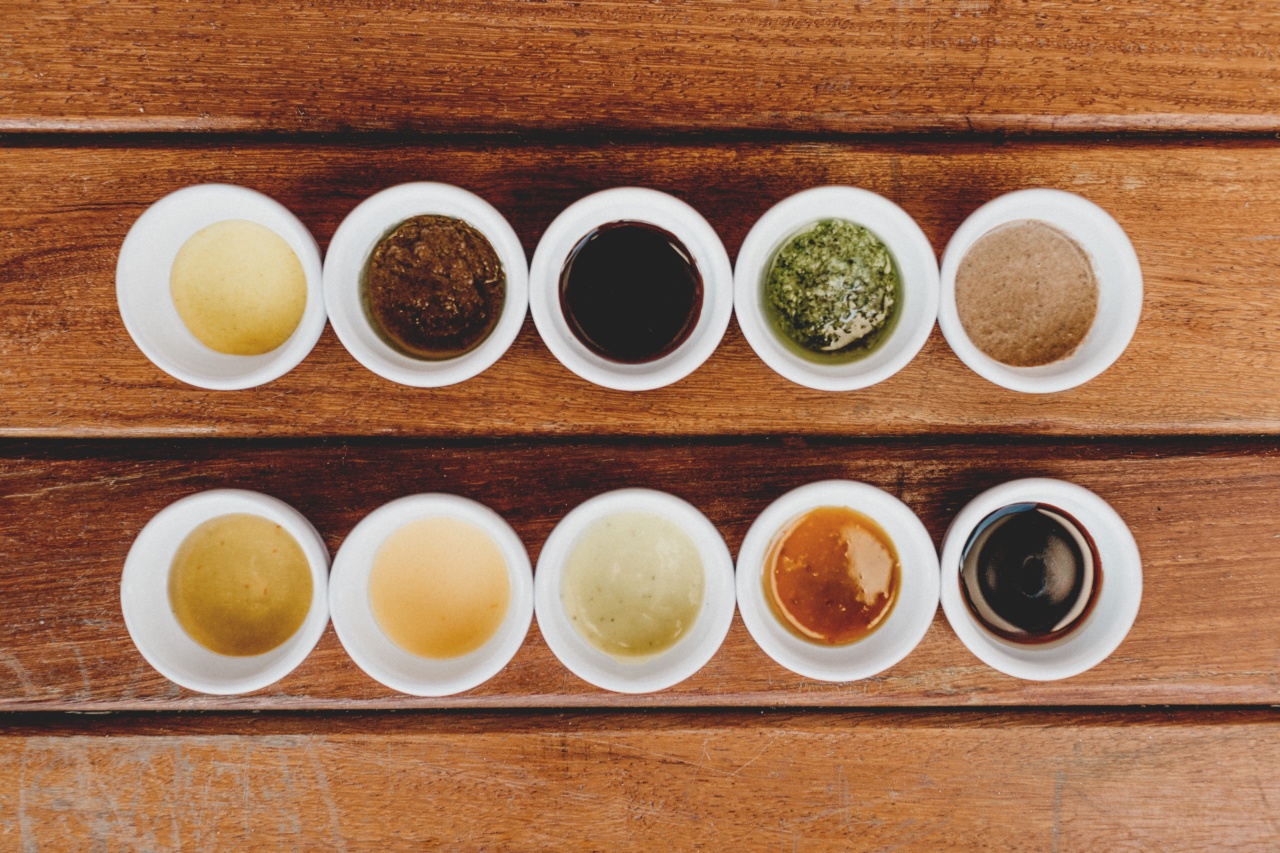Urinary stones, also known as kidney stones or renal calculi, are solid masses formed from crystals that can develop in various parts of the urinary system.
These stones can cause severe pain and discomfort, urinary tract infections, and other complications. Understanding the different types of urinary stones and taking preventive measures can help safeguard your urinary system and reduce the risk of stone formation.
This article explores the various types of stones and offers practical tips for stone prevention.
1. Calcium Stones
Calcium stones are the most common type of urinary stones, accounting for around 80% of cases. These stones are primarily composed of calcium oxalate or calcium phosphate.
Factors that contribute to the formation of calcium stones include a high intake of oxalate-rich foods (such as spinach and beetroot), excess vitamin D, high blood calcium levels, and certain medical conditions like hyperparathyroidism.
2. Struvite Stones
Struvite stones, also known as infection stones, are typically caused by urinary tract infections (UTIs) and are more common in women. These stones are composed of magnesium ammonium phosphate and often grow rapidly, obstructing the urinary tract.
Prompt treatment of UTIs and appropriate management can help prevent the development of struvite stones.
3. Uric Acid Stones
Uric acid stones form when there is an excess of uric acid in the urine, a condition called hyperuricosuria.
Factors that contribute to the formation of uric acid stones include a high intake of purine-rich foods (such as organ meats and shellfish), certain conditions like gout or chronic diarrhea, and metabolic disorders. These stones can be prevented by adopting a low-purine diet, maintaining hydration, and controlling underlying medical conditions.
4. Cystine Stones
Cystine stones are rare and are caused by a genetic disorder called cystinuria. People with cystinuria have an impaired ability to reabsorb the amino acid cystine in their kidneys, leading to the formation of cystine stones.
These stones can be prevented by increasing fluid intake and taking medication to reduce cystine levels in the urine.
5. Other Stones
Less common types of urinary stones include xanthine stones, which form due to a rare genetic disorder called xanthinuria, and mixed stones, which are composed of a combination of minerals.
These stones require specific medical interventions and preventive measures based on their underlying causes.
Preventive Measures for Stone Safeguarding
Taking proactive steps to safeguard your urinary system is key in preventing stone formation. Consider the following measures:.
1. Hydration
Staying well-hydrated helps dilute urine and prevents the concentration of minerals that can lead to stone formation. Aim to drink at least 8 cups (64 ounces) of water per day, or more if advised by your healthcare professional.
2. Balanced Diet
Avoid excessive intake of oxalate-rich and purine-rich foods, as these can contribute to the formation of calcium and uric acid stones, respectively.
Maintain a well-balanced diet that includes a variety of fruits, vegetables, whole grains, and lean proteins.
3. Limit Salt and Animal Protein
Reducing sodium intake helps prevent calcium stones, as excessive sodium can increase calcium excretion in the urine. Similarly, excessive intake of animal protein can increase uric acid levels and contribute to stone formation.
It is advisable to limit the consumption of processed foods, canned soups, and red meat.
4. Citrus Fruits
Citrus fruits, such as lemons and oranges, contain citrate, which can help prevent the formation of certain types of stones. Citrate inhibits the crystallization of calcium salts and increases urinary pH, reducing the risk of stone formation.
Include citrus fruits or their juices in your diet as a preventive measure.
5. Regular Exercise
Engaging in regular physical activity helps maintain a healthy weight and reduces the risk of stone formation. Obesity is a risk factor for urinary stones, so staying physically active can contribute to stone safeguarding.
6. Medication and Supplementation
In some cases, healthcare professionals may prescribe medication or supplements to help prevent stone formation. These may include thiazide diuretics to reduce calcium excretion or medications to control uric acid levels.
Follow your healthcare professional’s advice regarding medications and supplementation.
7. Monitoring and Regular Check-ups
If you have a history of urinary stones or are at a higher risk due to underlying medical conditions, regular monitoring and check-ups are essential.
These help detect any changes in stone composition or recurrence at an early stage, allowing for appropriate preventive measures to be taken.
Conclusion
Urinary stones can cause significant discomfort and complications if left untreated. By understanding the different types of stones and implementing preventive measures, you can safeguard your urinary system and reduce the risk of stone formation.
Stay hydrated, follow a balanced diet, limit salt and animal protein intake, incorporate citrus fruits, engage in regular exercise, and seek medical guidance for preventive medications and check-ups. With a proactive approach to stone prevention, you can maintain optimal urinary system health and overall well-being.































